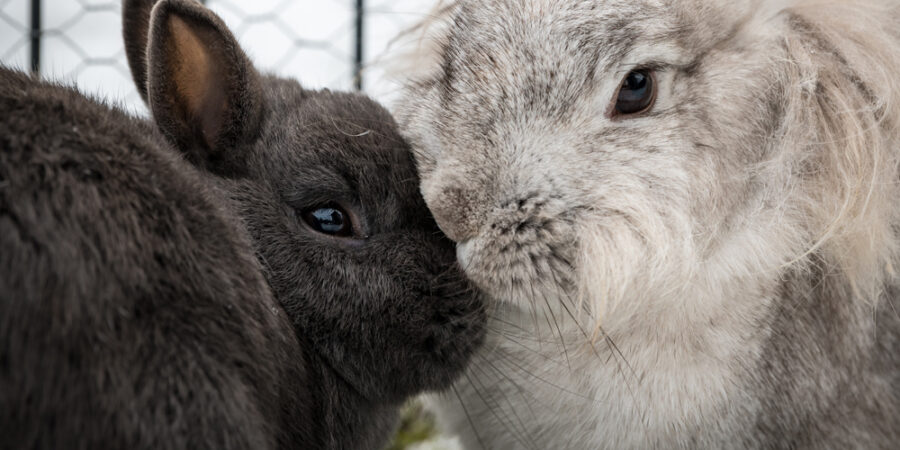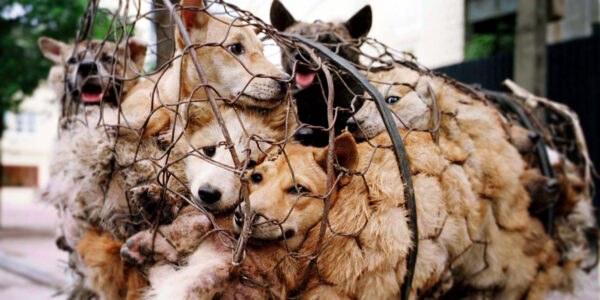If you’re going to welcome a rabbit into your life, why not two? Most rabbits are happiest with other rabbits around – and there’s not much cuter than watching bunnies play together, groom each other, and snuggle up together at night.
Bunnies are known for being quiet, but that doesn’t mean that they’re not constantly expressing themselves and communicating. Unfortunately, many people simply do not know how to ‘read’ their body language very well. A ‘binky’ is a display of excitement, involving a rabbit jumping in the air and flicking out their back legs. They may thump their feet to warn their family and friends of danger, or to express that they’re upset.
And while they will more often use body language to communicate, they also have a range of vocalisations. For example, if you’re especially lucky, a rabbit will run around you making a low humming noise to indicate that they like you. A shrill scream indicates extreme pain or distress, and they may also grunt at you to tell you to go away, and males may ‘honk’ … particularly if they are yet to be de-sexed.














